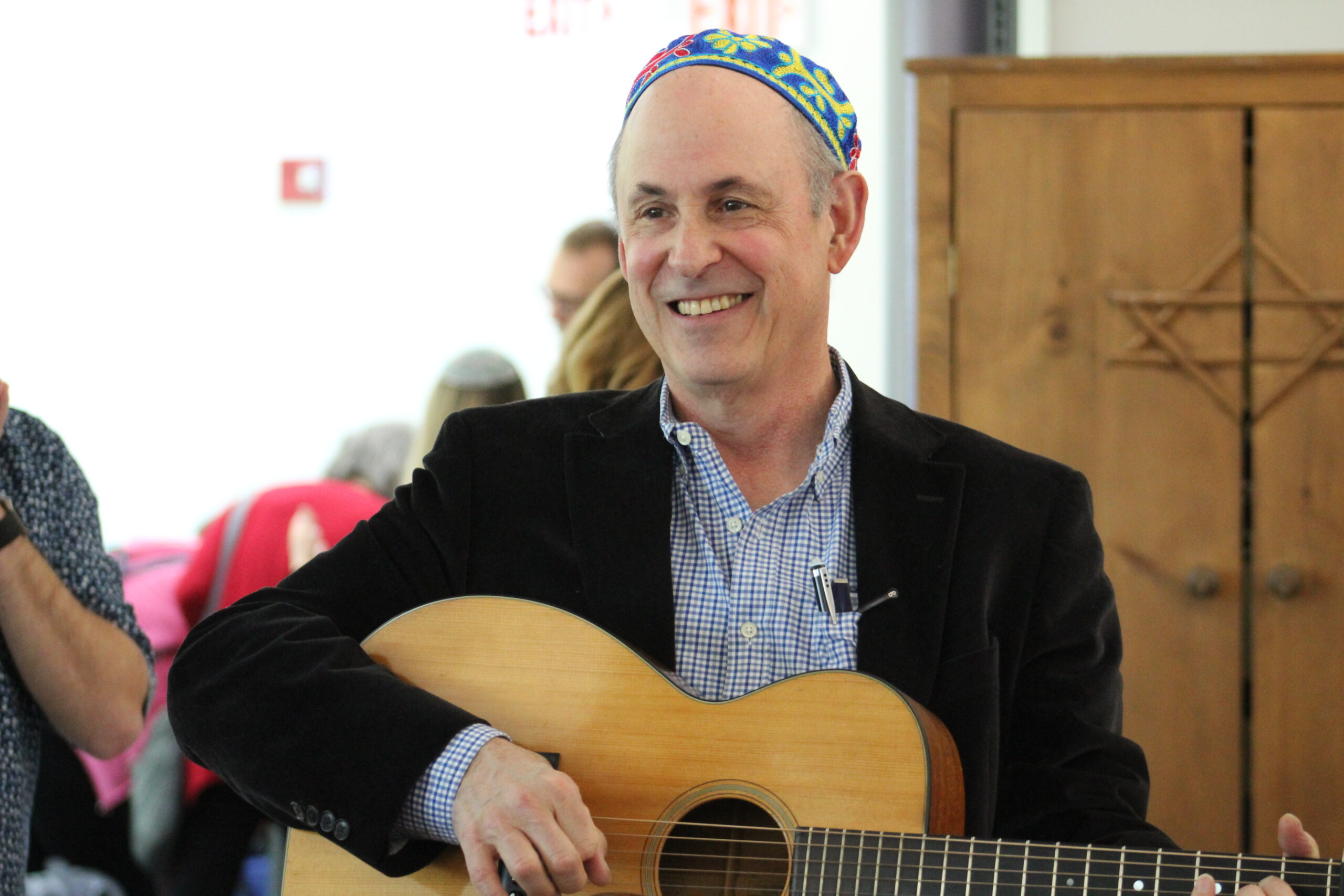Community Blog Azamra: A Monthly Alternative Shabbat Community


Now Rabbi Friedman, who has helped many seekers rediscover Jewish tradition in meaningful and mindful ways, is bringing his voice and passion back the community as the leader of a new Hebrew College alternative Shabbat community, Azamra, from Psalm 146:2 “Azamra l’Elohai b’ohdi, I will sing praises to my God while I exist.”
“Many Jews hunger for deeper connections to Shabbat and spirituality. The aspiration of Azamra is to create a monthly Shabbat community that opens and renews the heart and soul and reflects the needs of spiritual seekers in the 21st century,” Rabbi Friedman said. “Azamra is open to all people, Jews and Gentiles of all ages, Jews and Jew-ish folks longing to connect or reconnect with Judaism, as well as those who are conversant with Shabbat and liturgy, and are looking for deeper understandings and connections to God, Torah and community; or are simply looking for an alternative way to celebrate Shabbat.”
The prayer group, which will meet monthly in the Hebrew College Beit Midrash, is a project of the Hebrew College Innovation Lab, a new Hebrew College incubator for graduate students and recent Hebrew College alumni in the Boston area to design and implement creative educational, spiritual, social justice, and interfaith projects in the Greater Boston Jewish community. Participants receive grants ranging from $2,500 to $5,000 to run – or supplement the running of – a project that they conceptualize and design.
Rabbi Friedman will lead Azamra with guitar and joyful singing of niggunim, chants and liturgy, as well as meditation, davening, storytelling, poetry, and teachings that will enliven and deepen the Shabbat experience. Rather than doing a full Torah reading, the services will concentrate on several verses during the Torah service. Music will be drawn from both traditional and contemporary sources. Each service will be followed by a pot-luck vegetarian kiddush luncheon.
“We will be mindful that for some worshippers, traditional prayer texts – in Hebrew or English – present a challenge to deeper spiritual experience,” Rabbi Friedman added. “While services will follow the traditional liturgical arc, they will diverge in both spontaneous and planned ways. We may linger on certain Hebrew phrases that lend themselves to chant or offer teachable moments. When the liturgy cries out for a kavanah, a deeper spiritual direction, we will draw on the wisdom of the community and I will offer my own experience and understanding to help us find our own keys to unlock these gates.”
Rabbi Friedman founded B’nai Or in 1982, and led the congregation until 1996. Reb Zalman Schachter-Shalomi z”l empowered Rabbi Friedman as a Maggid, rabbinic pastor and cantor, in 1990. Rabbi Friedman also owned Kolbo Fine Judaica in Brookline for nearly 30 years, selling the store in 2011 before starting rabbinical school at Hebrew College, where his daughter was also studying at the time.
As an Innovation Lab grant recipient, Rabbi Friedman will participate in a weekly two-hour seminar taught by Rabbi Jeffrey Summit, PhD, director of the Innovation Lab, who will also provide mentoring and supervision to members of The Innovation Lab cohort, including Rabbi Friedman, as they implement their projects.
“Lev is a seasoned service leader and enthusiastic teacher who brings to life his knowledge and wisdom, along with beautiful music, meditation, and teachings,” said Hebrew College President Rabbi Sharon Cohen Anisfeld, one of Rabbi Friedman’s teachers. “I have learned so much from him, and I’m really looking forward to being part of this minyan.”
Azamra will meet from 10 to 12 p.m. in the Hebrew College Beit Midrash on the following Shabbat mornings, followed by a potluck vegetarian luncheon outside the Hebrew College conference center until 1 p.m.
Azamra Schedule Fall 2019 – Spring 2020
Sept. 28 Oct. 26 Nov. 23 Dec. 21 Jan 25 Feb. 22 Mar. 28 April 25 May 23 June 20

